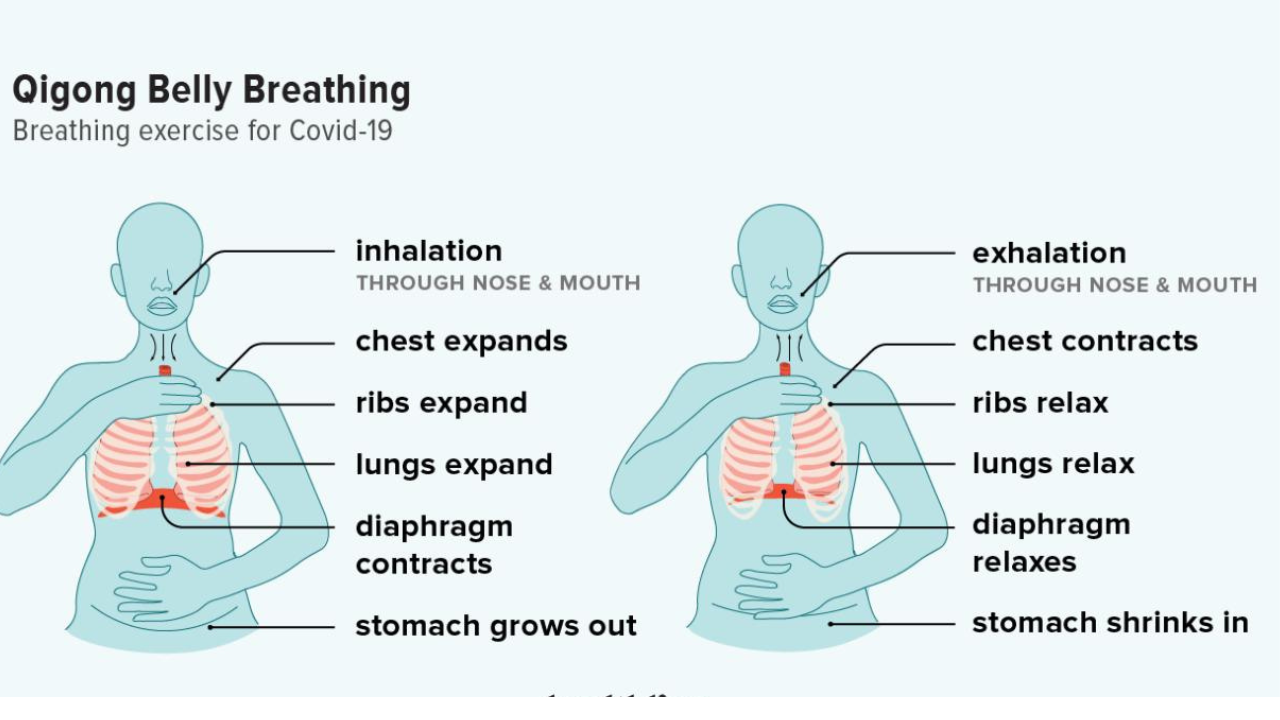Lungs Healthy your Life Healthy
Transitioning away from smoking can be challenging but here are 10 practical steps you can take to support your journey to Lungs health and overall wellness.
Quitting smoking is a transformative journey that not only improves overall health but also strengthens your Lungs, paving the way for a healthier future. The process of healing begins immediately upon quitting, with notable improvements observed in a relatively short period.
Set a Quit Date: Choose a date within the next two weeks to quit smoking. This gives you enough time to prepare without losing your motivation.
Strengthen Their LungsTell Friends, Family, and Co-Workers:
Let your friends, family, and co-workers know you plan to quit smoking. Their support can make a big difference.
Remove Cigarettes and Other Tobacco Products: Get rid of all cigarettes, lighters, ashtrays, and other tobacco products from your home, car, and workplace.
Talk to Your Doctor: Your doctor can provide you with resources and assistance to help you quit smoking. They may also prescribe medication to help with withdrawal symptoms.
Consider Nicotine Replacement Therapy (NRT): NRT can help reduce withdrawal symptoms and cravings associated with quitting smoking. Options include nicotine gums, patches, lozenges, inhalers, and nasal sprays.
Practice Deep Breathing Exercises: Deep breathing exercises can help strengthen your lungs and improve lung capacity. Try inhaling slowly through your nose, holding your breath for a few seconds, and exhaling slowly through your mouth.
Exercise Regularly: Regular physical activity can improve lung function and overall health. Aim for at least 30 minutes of moderate exercise, such as brisk walking, most days of the week.
Eat a Healthy Diet: A diet rich in fruits, vegetables, whole grains, and lean proteins can help improve lung health and overall wellness.
Stay Hydrated: Drinking plenty of water can help keep your lungs healthy by thinning mucus and reducing congestion.
Practice Stress-Relief Techniques: Quitting smoking can be stressful, so it’s important to find healthy ways to manage stress. Try techniques such as yoga, meditation, or deep breathing exercises.
Dr Kuldeep Kumar Grover suggested
1. Gradually reduce cigarette consumption: Reducing daily cigarette consumption gradually can help reduce withdrawal symptoms and facilitate the transition to a smoke-free lifestyle.
2. Avoid smoking triggers: Avoid situations or locations that can urge you to smoke, and engage in new activities to pass the time and divert your attention from cravings.
3. Consider nicotine replacement therapy: Speak with a pulmonologist about the best ways to handle nicotine withdrawal and improve your chances of successfully stopping, such as using patches or gum.
4. Prioritise stress management: To manage stress without smoking, engage in stress-relieving activities like exercise, meditation, or hobbies.
5. Incorporate chest rehabilitation exercises: During the quitting process, incorporate workouts such as yoga, pulmonary rehabilitation, or deep breathing techniques to boost lung function and enhance overall respiratory health.
Bringing his expertise to the same, Saurabh Bothra, CEO and Certified Yoga Instructor at Habuild, said, “Your body’s goal is to keep you healthy, working tirelessly to ensure everything functions smoothly but its efforts depend on your actions. The moment a smoker puts out their last cigarette, the body gets to work, healing itself and flushing out toxins.”
Here are 5 tips that can help people trying to quit smoking and strengthen their lungs –
Stay HYDRATED: Drink plenty of water and warm fluids like herbal teas to flush out toxins, keep your throat and lungs hydrated and help get rid of built up mucus.
Regular EXERCISE: Exercise helps strengthen your respiratory muscles, enhances lung capacity, and aids in detoxification. Aim for activities that get your heart pumping, such as brisk walking, cycling, or swimming, to boost circulation and oxygen flow throughout your body.
Consume ANTI-INFLAMMATORY foods: Including anti-inflammatory foods like turmeric, leafy greens, cherries, blueberries, olives, walnuts, seeds, beans, and lentils in your meals can help reduce inflammation and support lung health.
Practise STEAM INHALATION: Adding a few drops of essential oils like eucalyptus or peppermint to hot water and inhaling the steam can help clear congestion, soothe irritated airways, and promote easier breathing.
Practise PRANAYAMA : Practices like deep breathing, alternate nostril breathing (Nadi Shodhana), and Kapalabhati can help expand lung capacity, improve oxygenation, and promote relaxation – while reducing stress and managing cravings.







